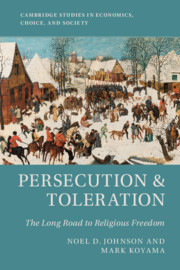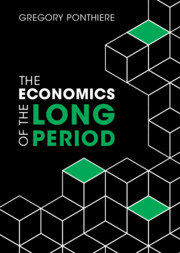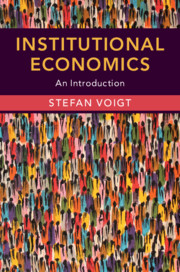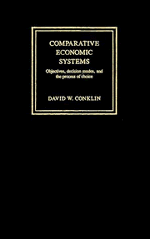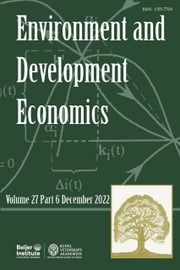Persecution and Toleration
The Long Road to Religious Freedom
Part of Cambridge Studies in Economics, Choice, and Society
- Authors:
- Noel D. Johnson, George Mason University, Virginia
- Mark Koyama, George Mason University, Virginia
- Date Published: February 2019
- availability: Available
- format: Paperback
- isbn: 9781108441162
Paperback
Other available formats:
Hardback, eBook
Looking for an inspection copy?
Please email [email protected] to enquire about an inspection copy of this book
-
Religious freedom has become an emblematic value in the West. Embedded in constitutions and championed by politicians and thinkers across the political spectrum, it is to many an absolute value, something beyond question. Yet how it emerged, and why, remains widely misunderstood. Tracing the history of religious persecution from the Fall of Rome to the present-day, Noel D. Johnson and Mark Koyama provide a novel explanation of the birth of religious liberty. This book treats the subject in an integrative way by combining economic reasoning with historical evidence from medieval and early modern Europe. The authors elucidate the economic and political incentives that shaped the actions of political leaders during periods of state building and economic growth.
Read more- Presents a novel explanation of the rise of religious freedom
- With this book, readers will understand how modern Western societies came to treat religious diversity differently than pre-modern societies
- Discusses the foundations of liberal societies in a manner accessible to a popular audience
Reviews & endorsements
'A profound new argument about the relationship between political power and religion in the making of the modern world. If you want to know where the liberty you currently enjoy, for now, came from, this is the book to read.' James Robinson, Richard L. Pearson Professor of Global Conflict, University of Chicago
See more reviews'Johnson and Koyama investigate the fascinating intersection of the state and religion in late medieval and early modern Europe. Rather than enduring patterns of religious toleration or persecution, of liberty or tyranny, they tell a rich history of change and variation in rules, institutions, and societies. This is an important and persuasive book.' John Joseph Wallis, Mancur Olson Professor of Economics, University of Maryland, College Park
'Lucidly written, incisively argued, this book shows how religious toleration emerged not only from ideas, but also from institutions which motivated people – especially the powerful – to accept and act on those ideas. A brilliant account of early modern Europe's transition from identity-based privileges to open markets and impartial governance.' Sheilagh Ogilvie, University of Cambridge
'This analysis of the historical process underlying the modern state formation is a fantastic scholarly accomplishment. The implications for the present, in terms of the risks associated to the loss of the core liberal values of modern western states, will not be lost to the careful reader.' Alberto Bisin, New York University
Customer reviews
Not yet reviewed
Be the first to review
Review was not posted due to profanity
×Product details
- Date Published: February 2019
- format: Paperback
- isbn: 9781108441162
- length: 368 pages
- dimensions: 227 x 152 x 21 mm
- weight: 0.53kg
- availability: Available
Table of Contents
1. Toleration, persecution, and state capacity
Part I. Conditional Toleration:
2 Religion and the state in the premodern world
3. Why do states persecute?
4. Jewish communities, conditional toleration, and rent-seeking
5. Climatic shocks and persecutions
6. The shock of the Black Death
Part II. The Origins of Religious Freedom:
7. State building and the reformation
8. The inquisition and the establishment of religious homogeneity in Spain
9. From confessionalization to toleration and then to religious liberty
10. From persecution to emancipation
Part III. Implications of Greater Religious Liberty:
11. The persecution of witchcraft
12. Religious minorities and economic growth
13. The emergence of modern states, religious freedom, and modern economic growth
14. Applying our argument to the rest of the world
15. Modern states, liberalism, and religious freedom
16. Conclusions.
Sorry, this resource is locked
Please register or sign in to request access. If you are having problems accessing these resources please email [email protected]
Register Sign in» Proceed
You are now leaving the Cambridge University Press website. Your eBook purchase and download will be completed by our partner www.ebooks.com. Please see the permission section of the www.ebooks.com catalogue page for details of the print & copy limits on our eBooks.
Continue ×Are you sure you want to delete your account?
This cannot be undone.
Thank you for your feedback which will help us improve our service.
If you requested a response, we will make sure to get back to you shortly.
×
